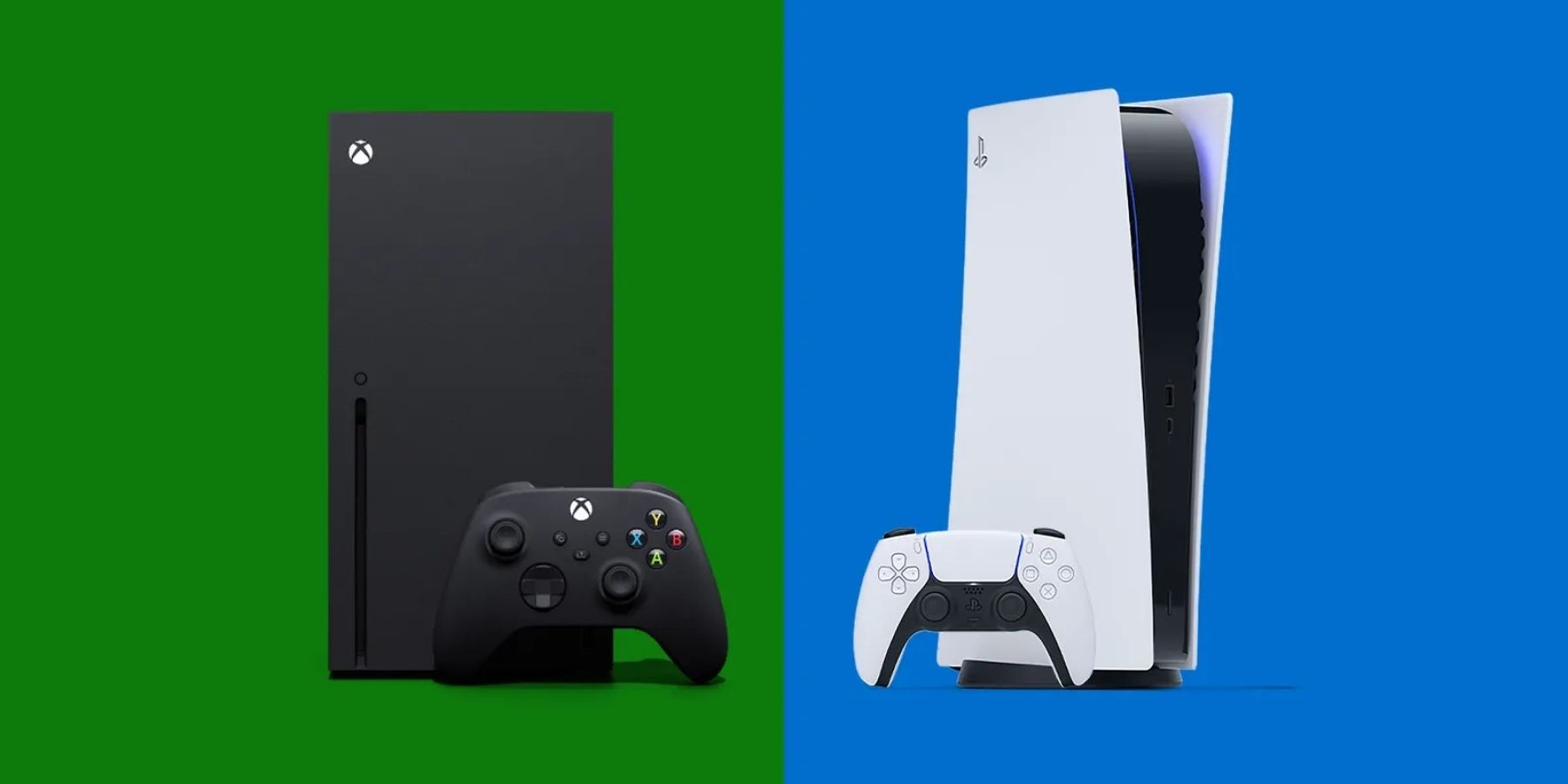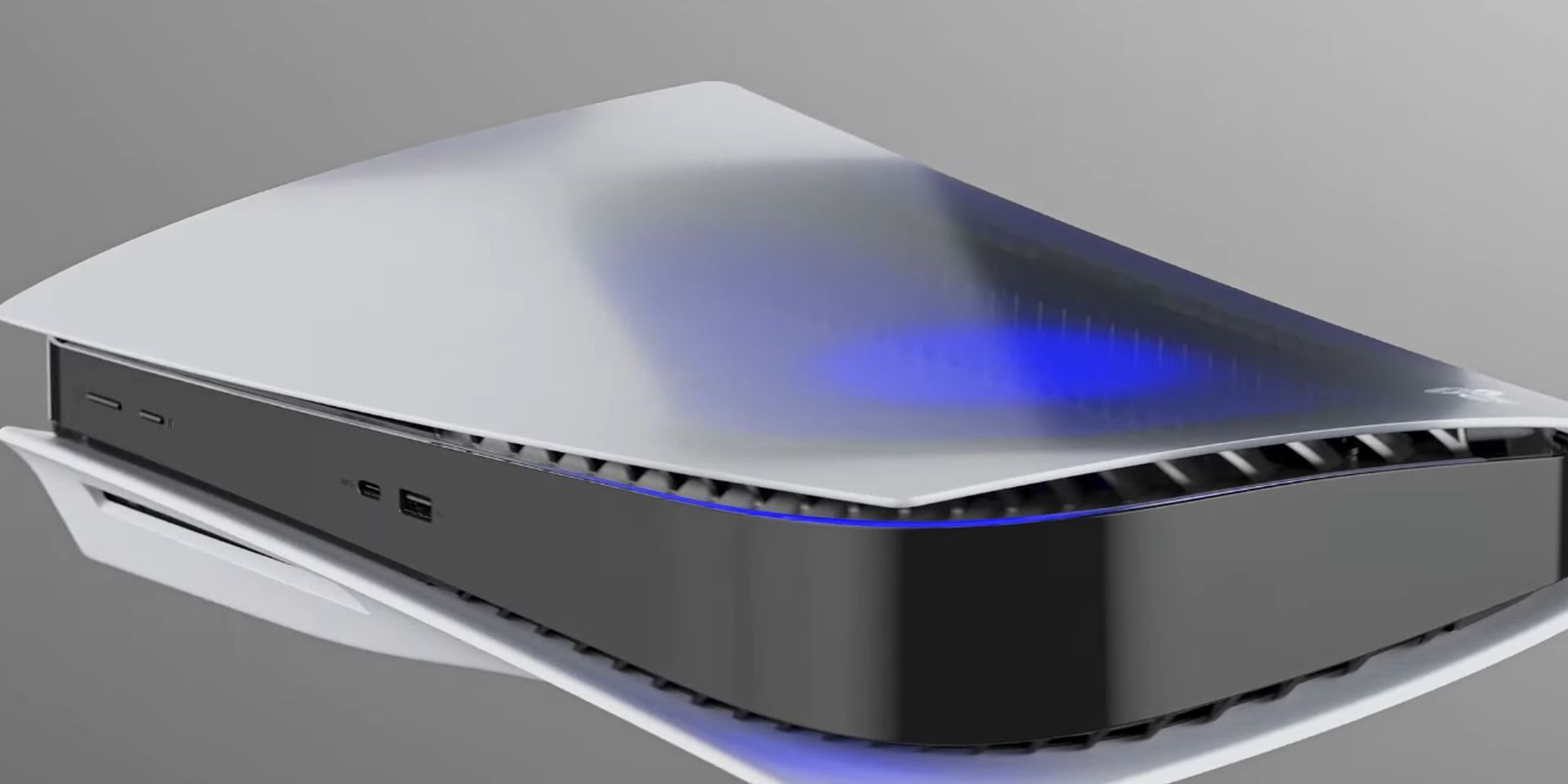Right to Repair activists have scored a small victory with a recent US court ruling that will make repairing current-gen game consoles easier. However, only a specific, arguably unnecessary component is affected, meaning the new ruling will not have far-reaching effects on its own.
The Right to Repair movement is a consumer-led movement that advocates for consumers' right to have more freedom in repairing their devices. The core goal is to allow easier access to the information and components needed to perform repairs on current and future technologies, including current-gen game systems like the PS5 and Xbox Series X/S, so independent technicians and hardware owners can perform repairs if they so choose.
For decades now, game consoles have used optical drives to run physical games, though recently discs have moved closer to being physical DRM than actual game ownership. Now, just as consoles move away from optical drives to digital-only distribution, the US copyright office is finally allowing unauthorized repairs to the drives. Considering how important optical drives are to keeping physical game collections playable, this seemingly small step will undoubtedly make life a lot easier for those who prefer physical games.
While the ruling is undoubtedly pivotal, it still leaves most parts of modern consoles out, meaning authorized repairs will be required if other components like internal storage or USB ports break. Optical drives may be a common point of failure, but they are far from the only one that would be a theoretically simple consumer repair. Additionally, consoles like the PlayStation 5 Digital Edition and Xbox Series S are digital-only, meaning this ruling will not have any effect on such systems. The unfortunate reality is only some console owners will benefit from this change.
It is a distinct possibility that this ruling will be used to gain leverage in future fights for the right to repair; any amount of progress on this front will benefit consumers by making components and information more readily available for independent technicians and hobbyists alike. The fight is especially important with the limits manufacturers impose on independent repair. However, for now the improvement remains a very small one that will not have wide-reaching benefits for consumers.
Proprietary technology becomes difficult to repair eventually; as time goes on, components become more difficult to find for systems that are out of production. Companies also usually end repairs for systems eventually, meaning the task of keeping them in working order falls to hobbyists and independent repair shops. Right to repair legislation would not only mean cheaper and easier repairs now, but would also guarantee systems' lifetimes for much longer with the information it would provide to hobbyists and independent shops.
Source: TechRaptor


